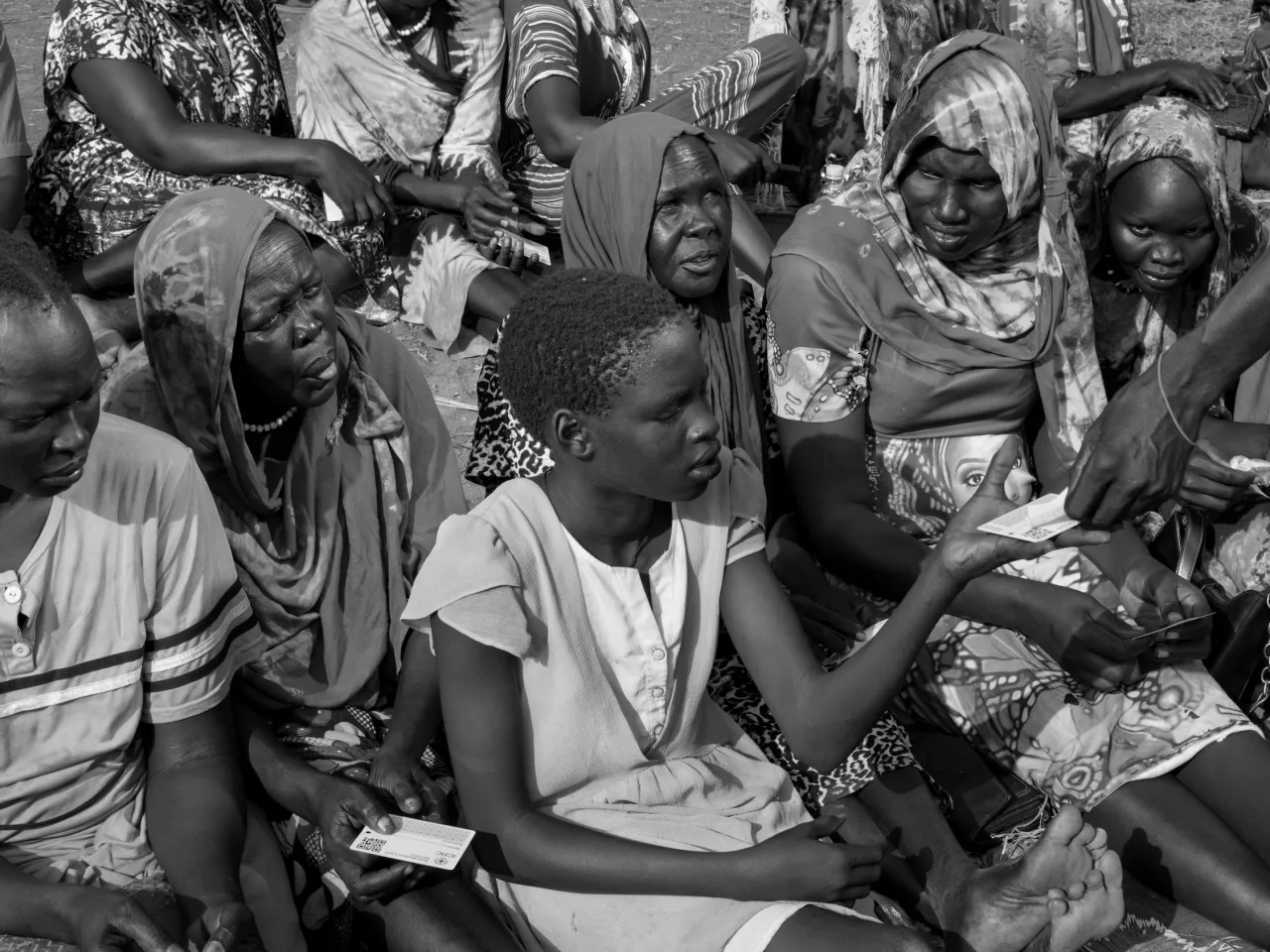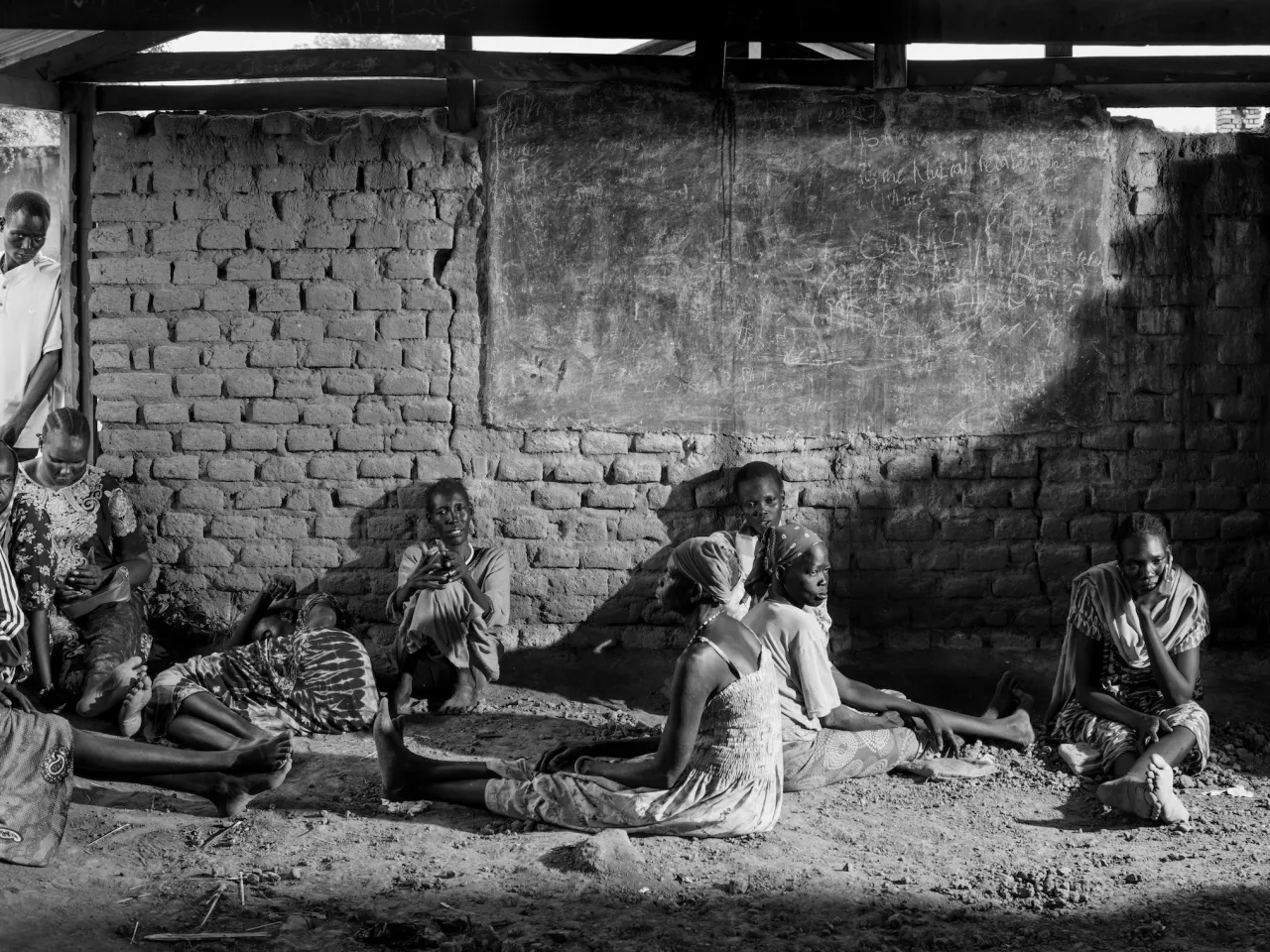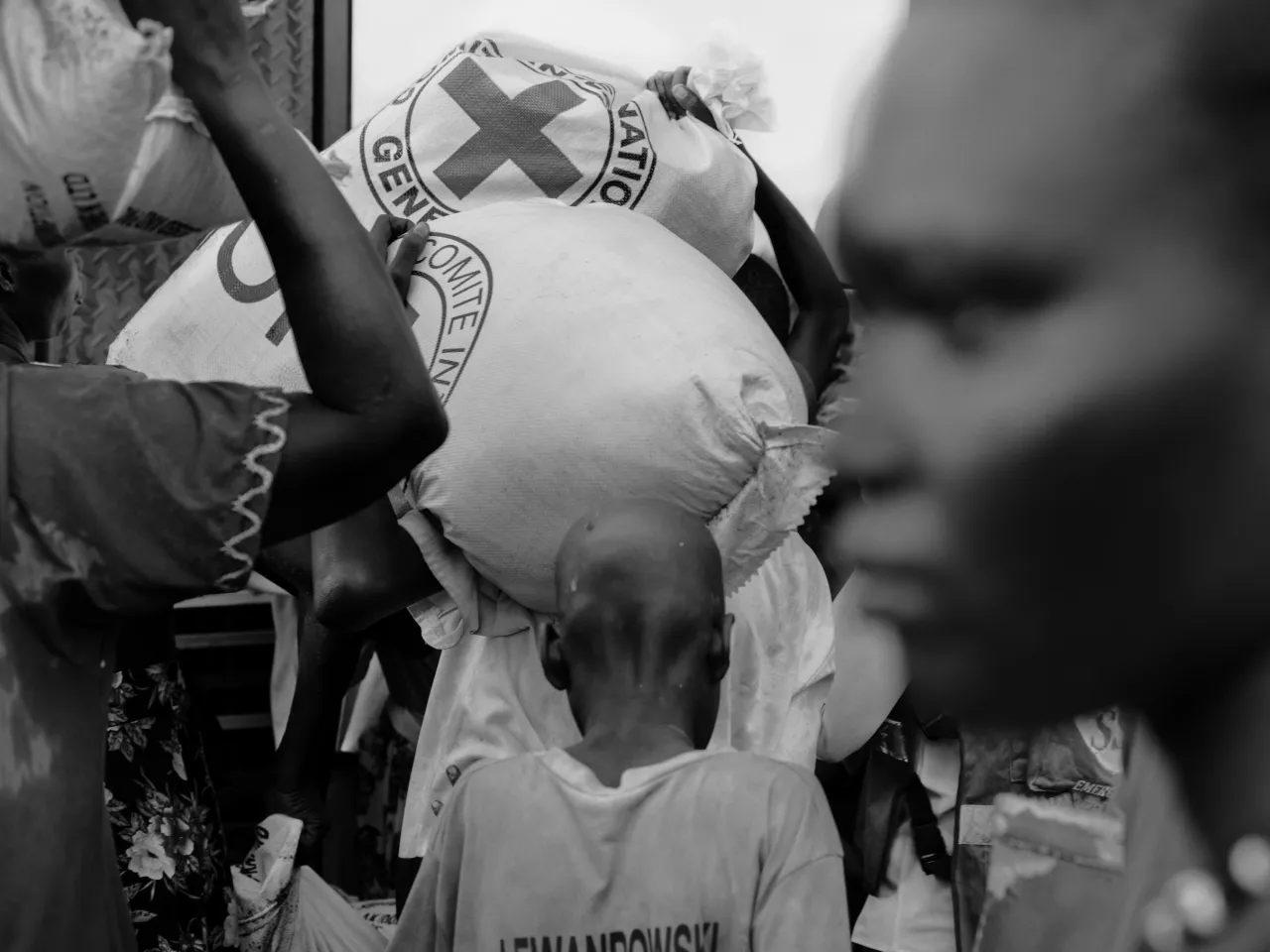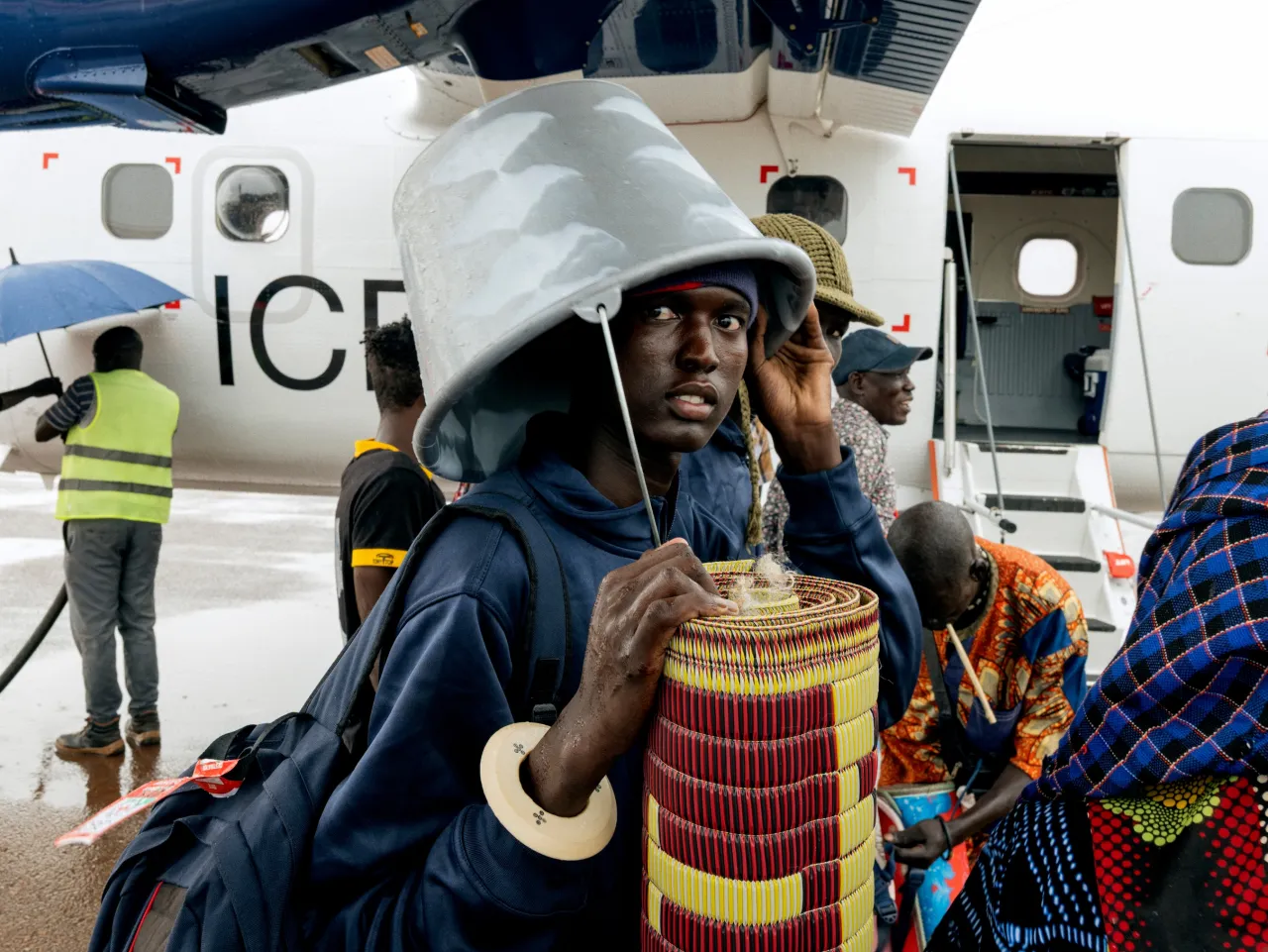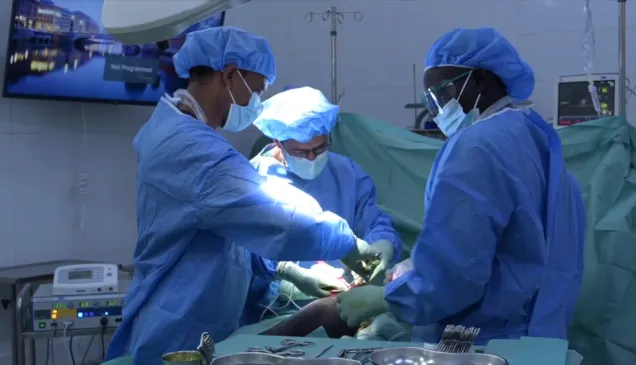Throughout the year, the scope of the armed conflict has widened, affecting civilians living across South Sudan, primarily in areas of Upper Nile, Jonglei, Central Equatoria, Western Equatoria and Western Bahr el Ghazal. Many families have been displaced multiple times in search of safety.
“All over the country, civilians bear the brunt of conflicts and violence. They flee, try to rebuild their lives, and are forced to flee again. Conflict-related hostilities affected seven states out of 10, and inter-communal violence has occurred in almost all states. This cycle must end so that communities can recover from years of crisis. This is further compounded by the impact of climate change, with above 900,000 affected, including 300,000 displaced”, said Florence Gillette, ICRC Head of Delegation in South Sudan.


